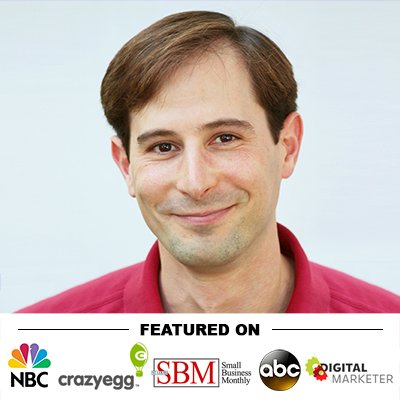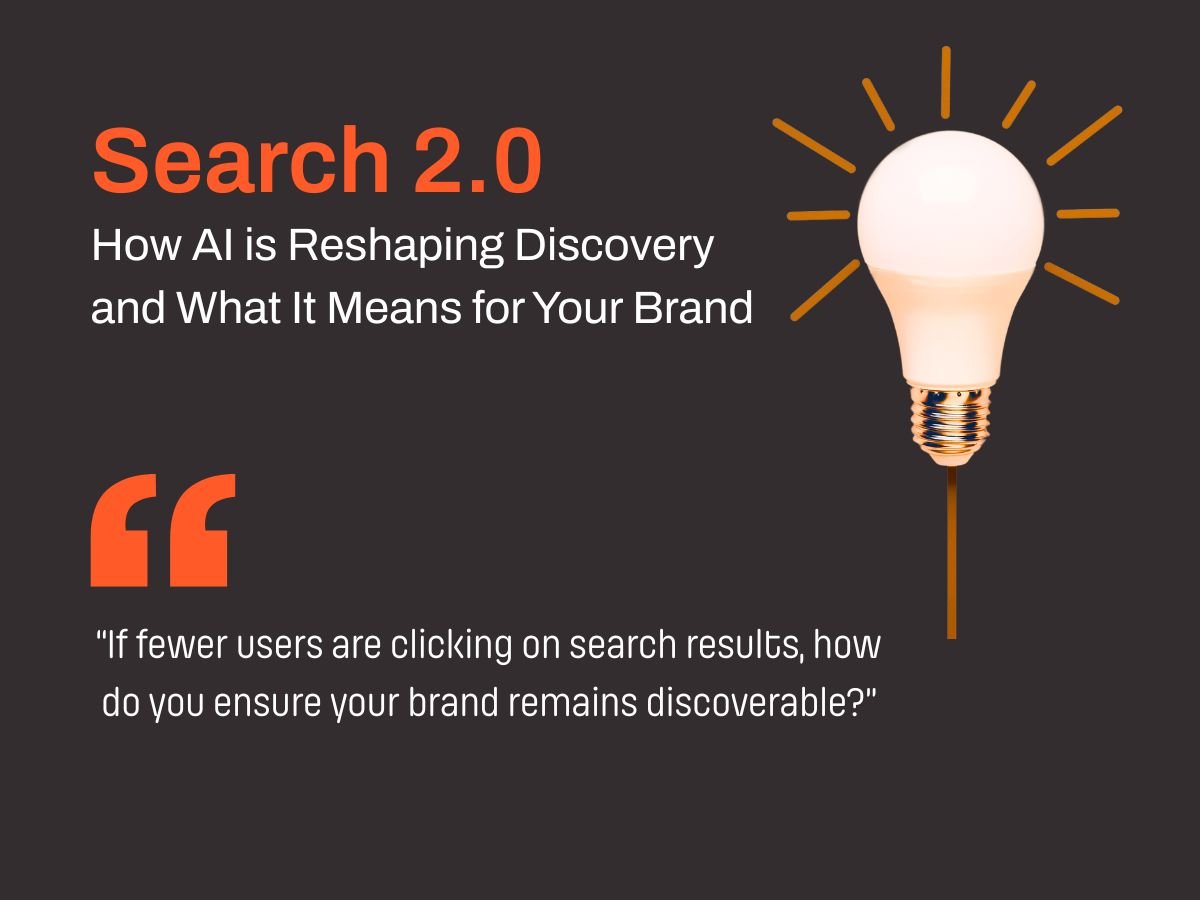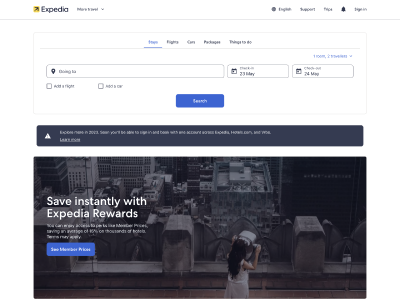Adam Kreitman is an online Marketing Consultant, Google AdWords Specialist and Writer. He was named one of the Top 25 Conversion Optimisation Experts of 2014 by PPCHero and is the owner of Words That Click, a lead generation company specialising in PPC (Pay Per Click) and SEO (Search Engine Optimisation).
Adam co-authored the book, Attract, Capture & Convert which is listed in the Top 25 Social Media Marketing Books to Read in 2015. In my research for the top books to cover, Adam and I started chatting about traditional marketing vs. digital marketing and he was kind enough to let me interview him on the topic.
Attract, Capture & Convert is aimed at Entrepreneurs and small business owners that recognise something needs to change in order to keep their company. This is how you started, as the President of a small, struggling drug testing company. Have you put everything you’ve learnt in the book or is there some wisdom left over for a second?
The book does a great job of covering a lot of the basics of marketing and common mistakes business owners make. However, there’s still plenty of wisdom left to be shared. There’s not a marketing book out there that comes close to covering all there is to cover (at least that I know of!) and ours is no exception. There are so many levels to marketing and running a business, it’d be impossible to fit it all into one book. Not sure if we’ll write a follow up book but there’s plenty more we can, and will, share in one format or another.
You first discovered Google Adwords when you went looking for other options than cold calling, print ads and door knocking. Do you believe internet marketing is the only way or is there still room for more traditional marketing methods and how can small businesses find their perfect ratio?
Internet marketing definitely is NOT the only way. There are some prospects who contact me wanting to use AdWords and I steer them in the direction of direct mail or other traditional options because I think, for their specific situations (often niche B2B markets), it’s a better fit.
In fact, because so many companies are directing most, if not all of their marketing budgets to the Internet, there are traditional forms of advertising like direct mail which are working better than they have in a long time. (I even had a client who was still doing very well with the Yellow Pages for his specific business!)
As far as a perfect ratio, there isn’t one. Which methods you use and how much you invest in each really comes down to testing different marketing strategies to find what works and what doesn’t for your business. When you find ones that don’t work, stop doing them. When you find the ones that do, continue to invest in them so long as they generate an ROI for your business.
As the owner of Words That Click, you’re obviously very passionate about PPC (Pay Per Click) advertising but with the rise of social media, individuals and small companies don’t necessarily have to have an online marketing budget, or do they?
I suppose it’s possible to rely solely on “free” forms of online traffic from social media sites and not have to budget any money toward paying for traffic. I wouldn’t recommend it though.
First, they’re really not free because you have to put a value on your time.
Second, I’d argue that if you’re solely relying on free traffic, you don’t have a truly viable business that can succeed over the long term. Social media sites can and do change the rules of how businesses and individuals can use their sites. (Just look at what Facebook’s done where now you essentially have to pay them to get your post out to most of the people who have Liked your company on the site.)
That’s the problem with free traffic sources: Their game. Their rules. And they can change them to your detriment any time they want to and suddenly most or all of your traffic dries up overnight.
On the other hand, companies who know they can reliably pay for traffic and do so profitably are in a MUCH stronger position, in part, because they’re not subject to the whims of “free” traffic sources.
So sure, it’s possible to have some short term success with “free” traffic but I wouldn’t bank the future of my business on it.
How can small businesses get the most bang for their buck with online marketing?
That really comes down to testing different ways of marketing your business online and carefully measuring the results. The tracking of results (whether they be direct sales, phone calls, report downloads, etc.) is so critical to understanding what’s working and what isn’t. Unfortunately, most small businesses don’t do it well.
You can’t improve what you can’t measure. And if you want to get the most bang for your marketing buck, you have to know your numbers and use them to make smart decisions about which online marketing options it pays to invest in and which ones it doesn’t pay to invest in for your business.
One of your ideas for increasing customer conversion is creating an About You page rather than just an About Us page. Can you explain more about this and who does it help, the company or the customer?
One of the biggest mistakes companies make in marketing is that they talk all about themselves and their products and services. Problem is… no one cares! They care about themselves and what your company, products/services do for them.
Another common mistake is that businesses try to appeal to everyone and never get very clear about a specific group/niche they want to market to. In most cases, the more clear and specific you are about who your target audience is… and the more you customize your marketing message to that audience, the better.
Years ago when I was thinking about those two issues, the idea of the About You page came to me. It’s a page on your site that doesn’t describe your company, but describes who your ideal customer is and, ideally, how their lives will be made better by doing business with you.
It helps the business because it forces them to get very clear about who they’re marketing to and to create at least one page on their site that’s 100% directed at their ideal prospect.
It also helps the customer because (if the page is done right) it’ll give them a clear sense of whether or not the business is a good fit for them.
What is your favourite social media platform for marketing your own business and why?
For me, it’s LinkedIn because my business is B2B and that’s what LinkedIn is all about. I also think marketing on LinkedIn is still in its infancy and there’s an advantage for the business owners who figure out how to use it effectively.












